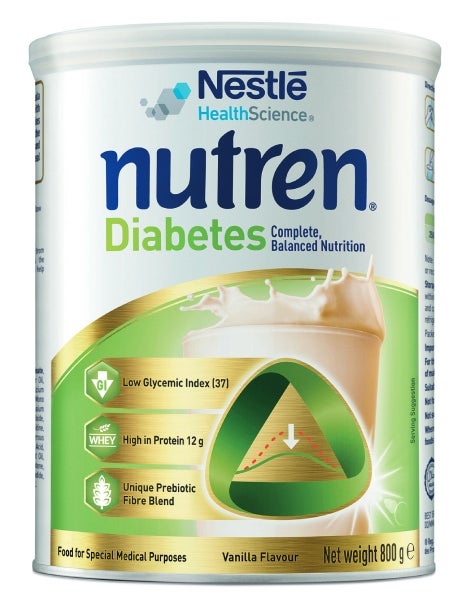
There are three main types of carbohydrates (carbs) in food — starches, sugars, and fiber — and each one affects your blood sugar levels differently.
Starches — or complex carbohydrates — include starchy vegetables (potatoes, corn, peas), dried beans, and grains.
Sugars — sucrose, fructose and lactose — are forms of carbohydrates that are naturally occurring, like in fruit and milk, or added to foods and beverages during processing, like honey, table sugar, or as in a cookie.
Fiber — soluble and insoluble — are carbohydrates that come from plant-based foods and is important for our gut health, helps us feel full, and can help lower cholesterol. Sources of fiber include fruits, vegetables, whole grains, nuts, and pulses (dried beans, peas and lentils).3-5
For people with diabetes, fiber — particularly soluble fiber — can help slow the absorption of sugar (glucose) and improve blood sugar levels. For optimal health, adults should aim to eat 25 to 30 grams of fiber per day.2-5
One way to keep track of the amount of carbohydrates you eat and drink each day is with carbohydrate (carb) counting. Because carbohydrates turn into glucose in the body, carb counting can help to manage and maintain stable blood sugar levels.2-4
Carb counting is measured in grams and one carb serving is 15 grams. People with diabetes should try to have no more than 45% of their calories coming from carbs which for women is approximately 3 to 4 carb servings (45–60 grams) per meal and men about 4 to 5 carb servings (60–75 grams). 2,5 These amounts however can vary depending on your age, weight, activity level, and diabetes medications. Make sure to work with a dietitian to set your own carb goals.1-5

